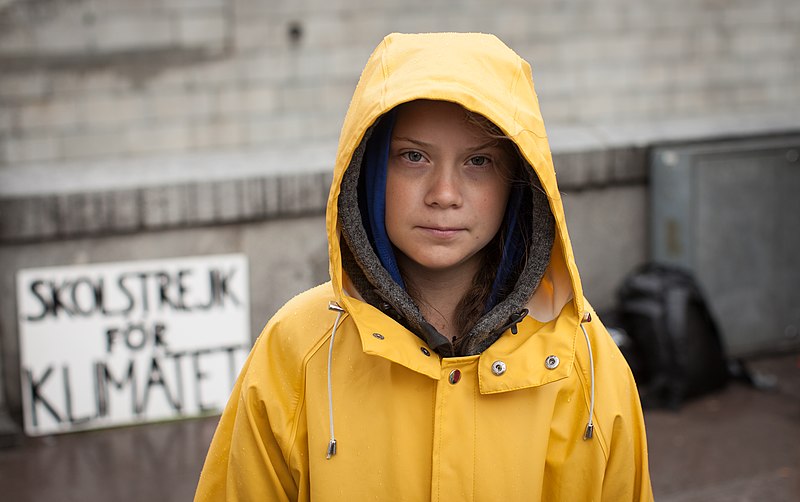When carbon emissions appeared to level off from 2014 through 2016, some people were hopeful that industrial civilization just might be able to decouple carbon emissions from economic growth. After all, the world economy had been growing and yet carbon emissions had not grown with it.
Fast forward to today. It turns out that humans are still burning lots of carbon to support economic growth as carbon emissions in 2018 reached a new record. The temporary halt from 2014 through 2016 was primarily due to the rapid replacement of coal-fired power plants with natural gas and renewable energy sources, a trend that by itself cannot solve the climate crisis.
So, once again, policymakers are asking how they can possibly achieve the rapid decline in emissions which the world’s scientists say is necessary to avoid catastrophic climate change. The answer is actually simple and extremely painful. They must stop focusing on growth and make an all-out effort to reduce emissions.
One of the reasons that most leaders around the world refuse to contemplate this is that it would result in mass unrest as those at the middle and bottom of the economic scale would be shut out of bettering their material lives. The only way to address such a situation would be to guarantee them the basics of housing, education, health care and affordable food, something that most ruling elites cannot entertain as a possibility.
Reversing climate change would undoubtedly produce a lot of economic activity. It might even allow for some economic growth. But if growth remains the objective of every society on the planet, then we will almost surely fail to address climate change.
There is also the problem that continuous growth endangers many other systems beyond climate that humans rely on for their survival. The list includes fertile soil, potable water, healthy air, and viable forests. And, it turns out all four of these are intertwined with climate change as well. The degradation of soil through modern farming methods releases carbon into the atmosphere. Moving to farming that simultaneously builds soil and sequesters carbon would address both fertility and climate issues.
An increase in droughts and floods is an expected feature of climate change, and both endanger adequate, clean water supplies.
Most people know that trees store a lot of carbon. Deforestation releases that carbon as the trees decompose. Planting trees absorbs it.
As for the air, what we are doing to make it healthier is speeding global climate change. Reducing air pollution reduces aerosols that come from that pollution, aerosols that block some of the sun’s light. As we clean up the air, we let more of that light in which then turns, in part, to heat.
To move an entire global society toward a climate-friendly existence would require unprecedented solidarity and cooperation. The most difficult part of achieving that solidarity would be guaranteeing those at the lower end of the economic scale a decent life as they work with all of society to prevent the worst that a changing climate could do and build a way of living not based on continuous accumulation.
There are signs that people are beginning to think in such terms as a universal basic income has now become an issue in the upcoming U.S. presidential campaign. In India, so-called Modicare, named after the current prime minister, Narenda Modi, will give 500 million Indians free health insurance. There are concerns about whether the system will be sustainable as currently designed. But it is the kind of guarantee that will have to made available to the poor in order to enlist their help in the climate fight. (That, of course, was not the reason for implementing Modicare.)
I believe it is no accident that many countries notable for their achievements in addressing carbon emissions reductions have generous public welfare systems. The list of those whose greenhouse gas emissions peaked no later than 2010 includes Australia, Austria, Belgium, Canada, Costa Rica, Denmark, Finland, France, Germany, Great Britain, Italy, Luxembourg, the Netherlands, Norway, Portugal, Spain, Sweden, and Switzerland. Many of the European countries listed achieved a peak no later than 2000.
Much of the former Soviet Union and eastern Europe falls into this category as well. One reason is the implosion of their economies after the breakup of the Soviet Union and the fall of the Berlin Wall. Another may be the public welfare benefits that most of them continue to offer to their citizens.
Solidarity and basic comforts are no guarantee of progress on climate. But they seem like a very important starting point—especially when one considers how large the task ahead is.






